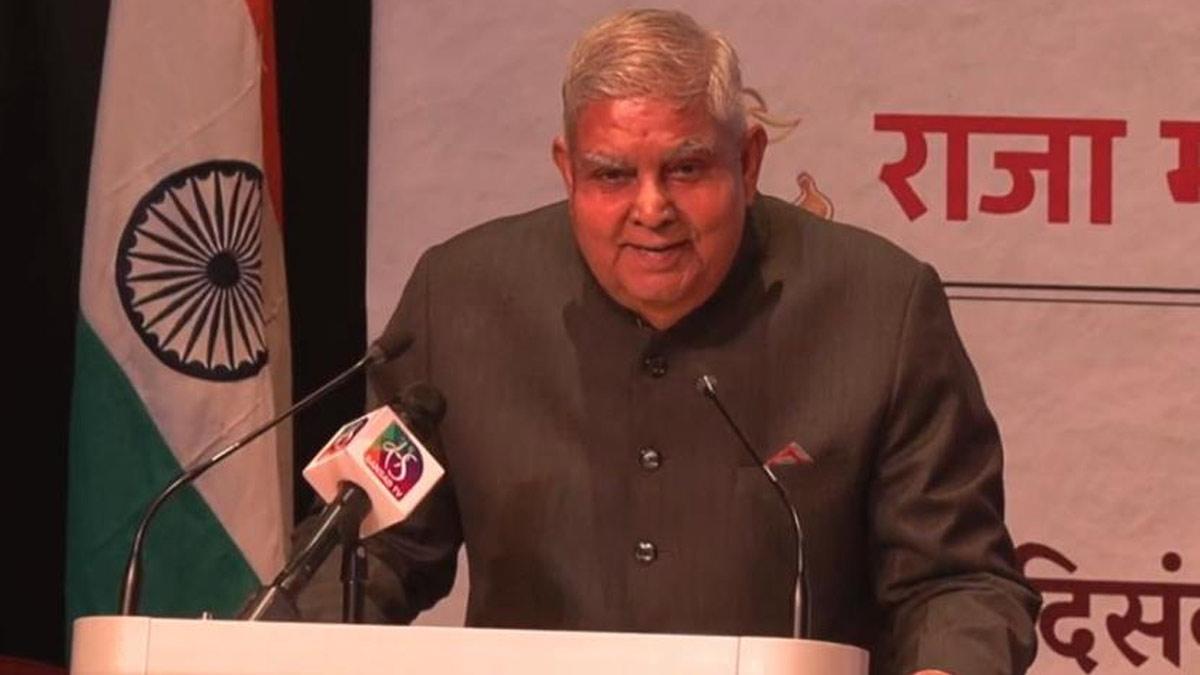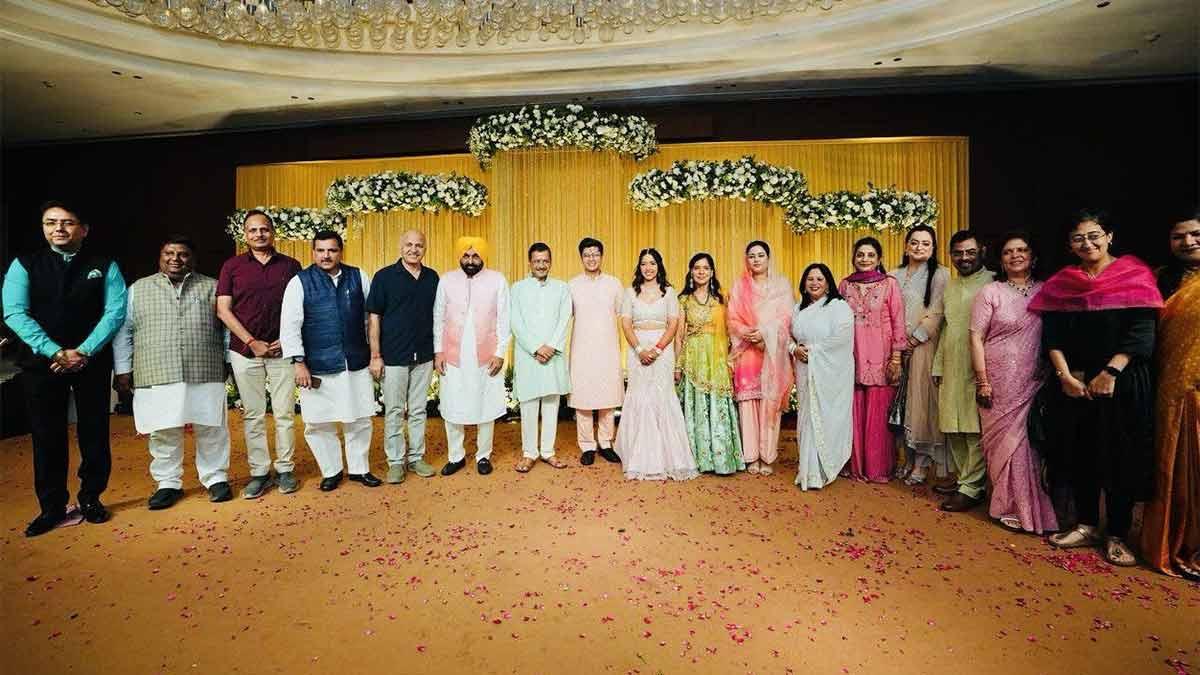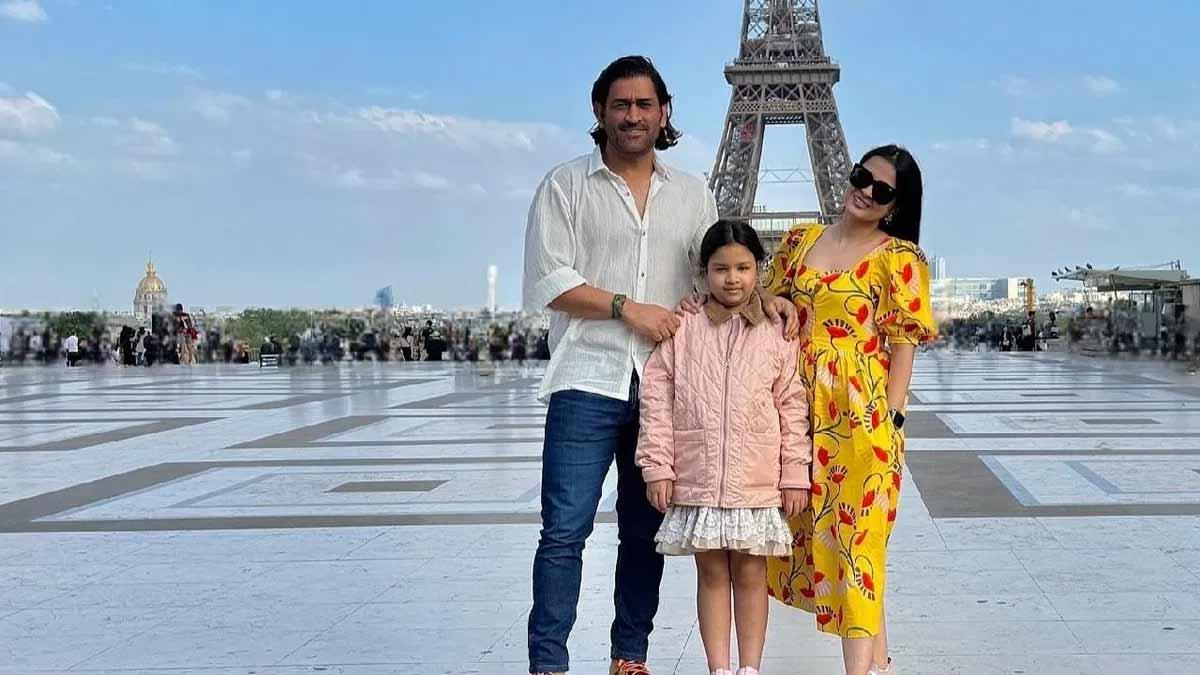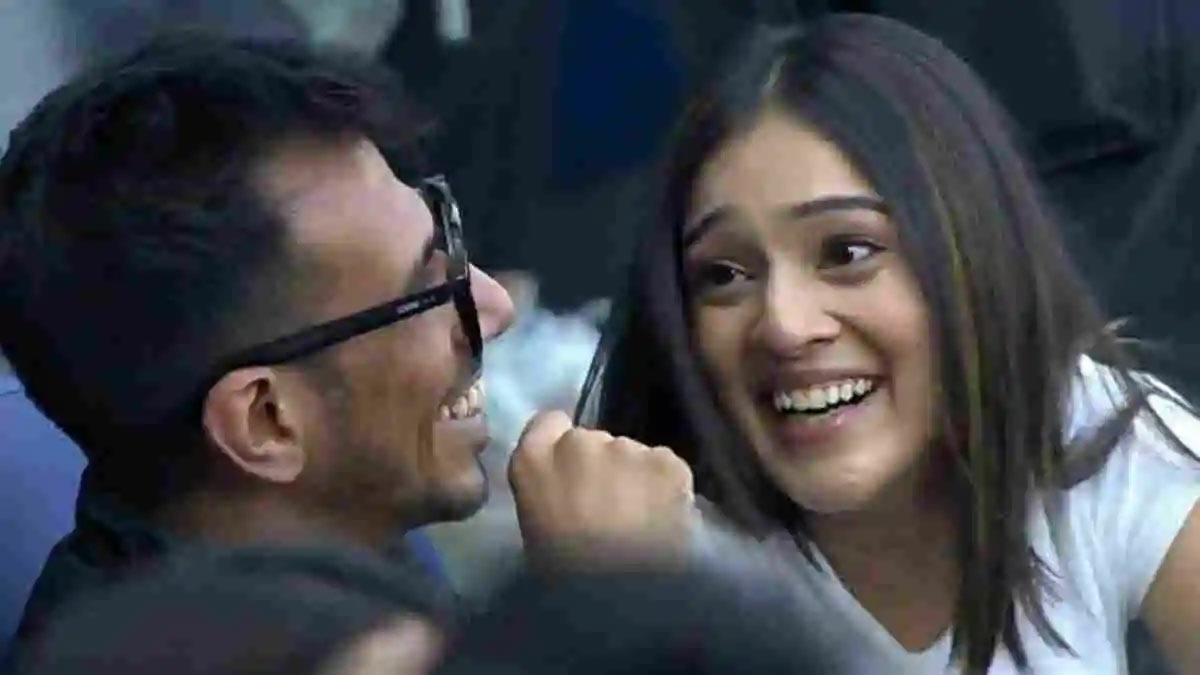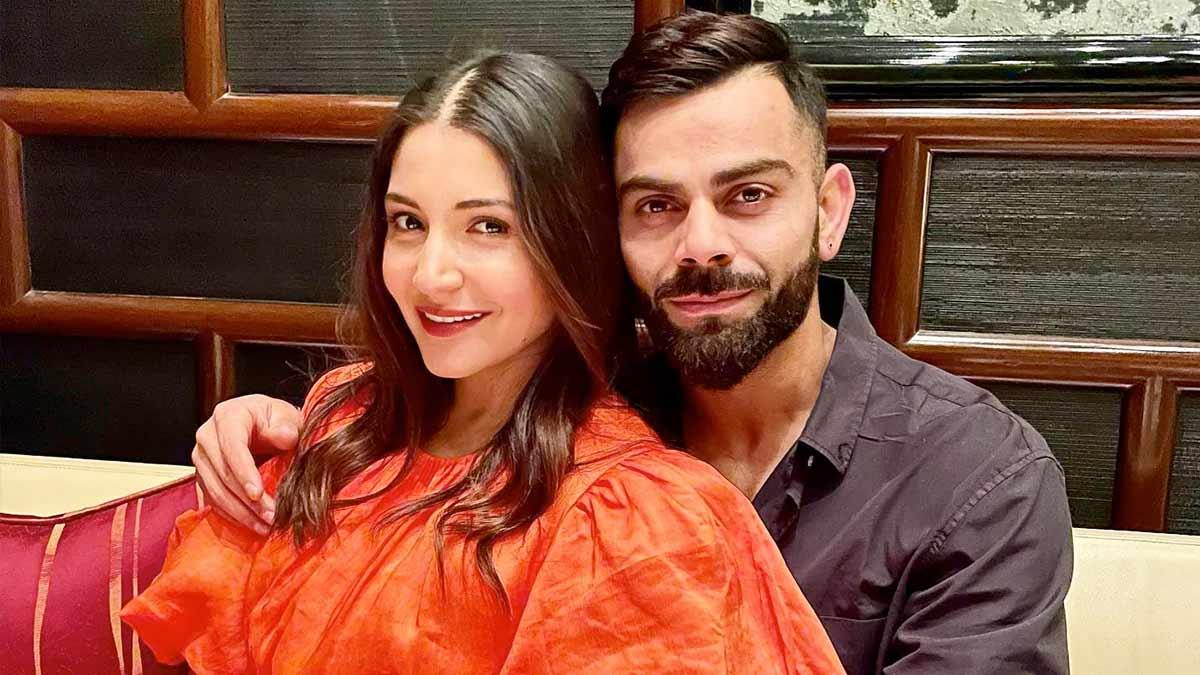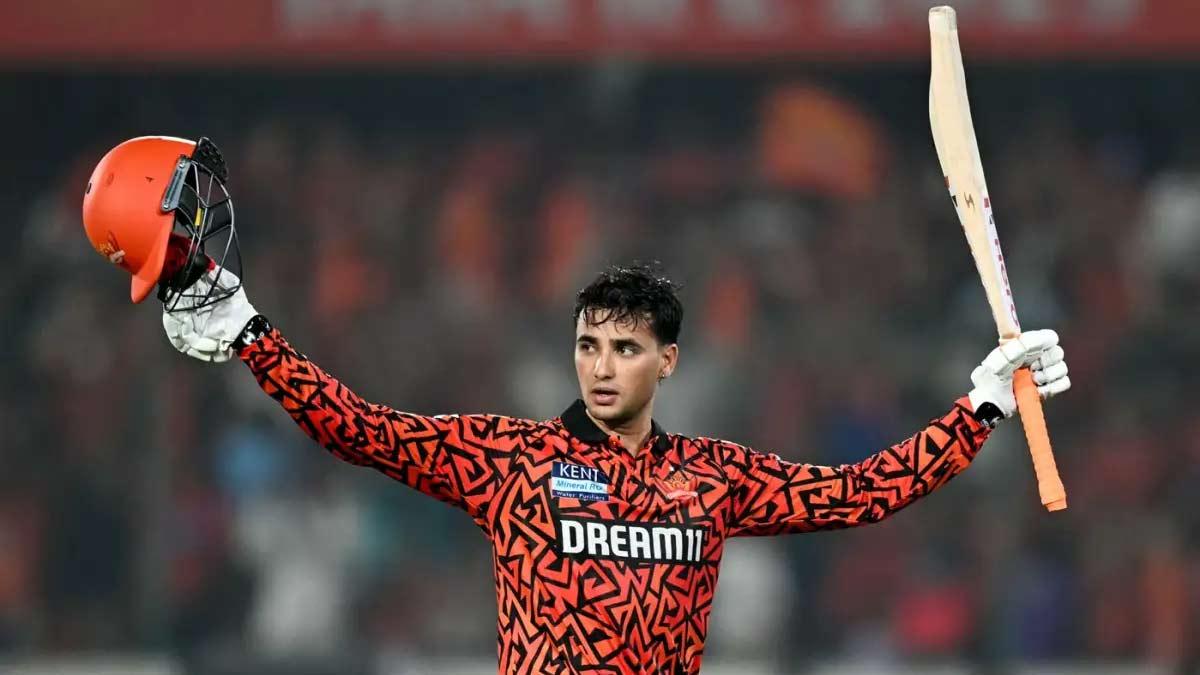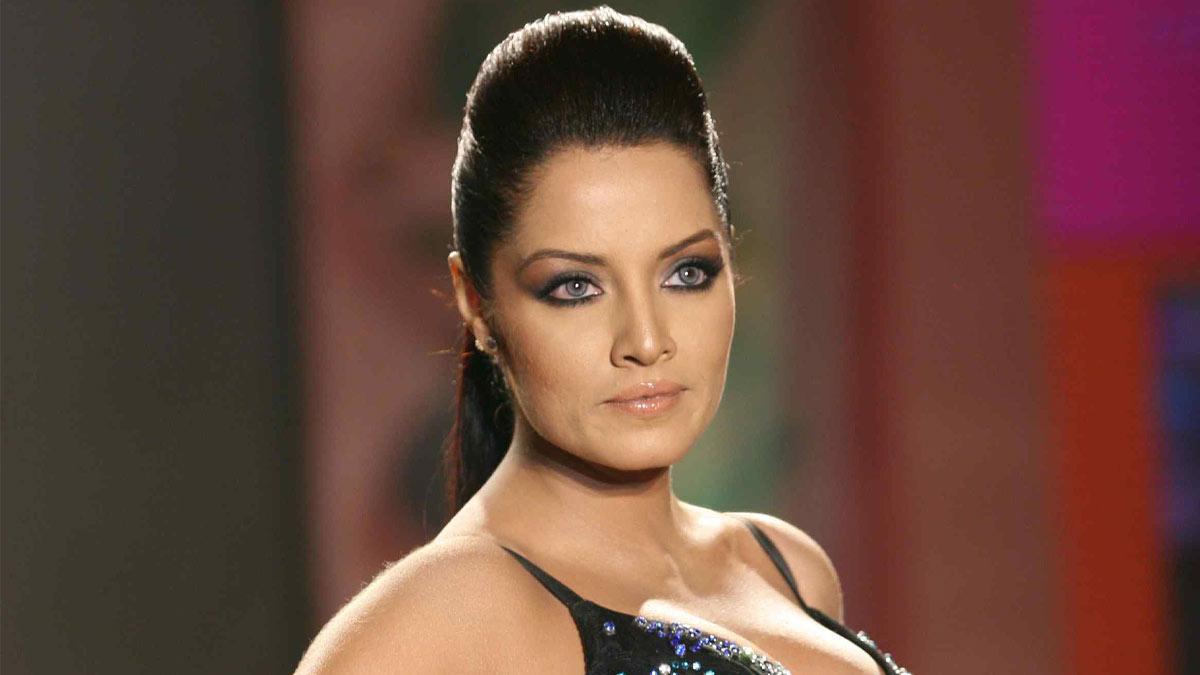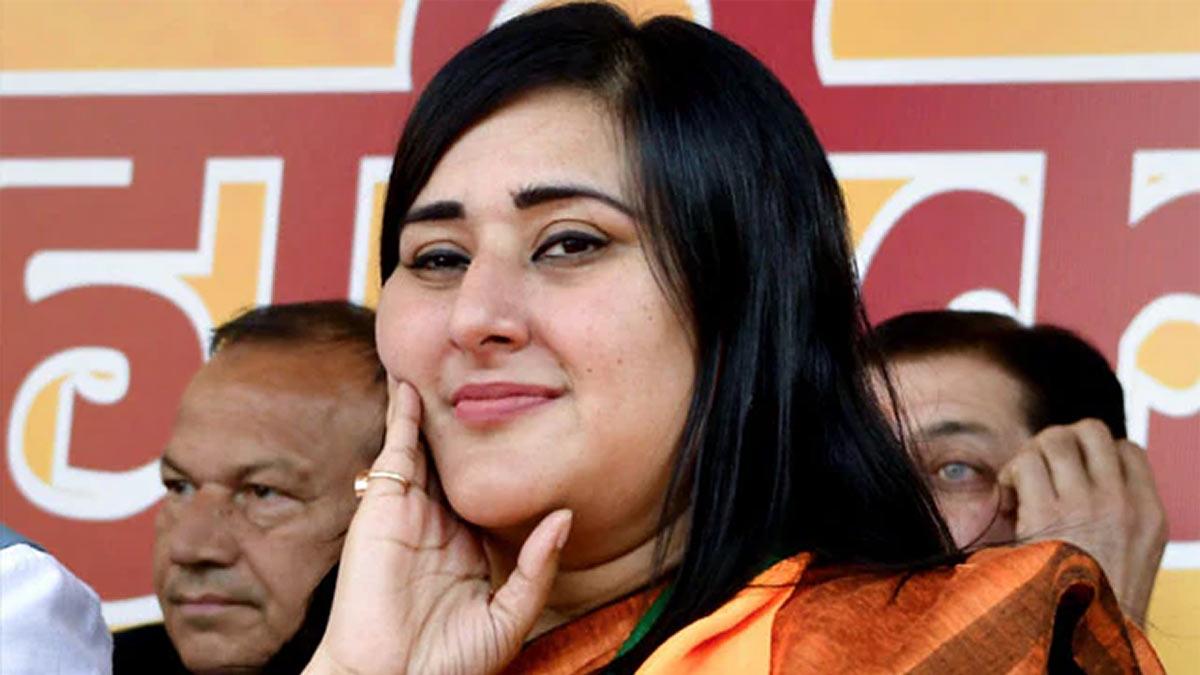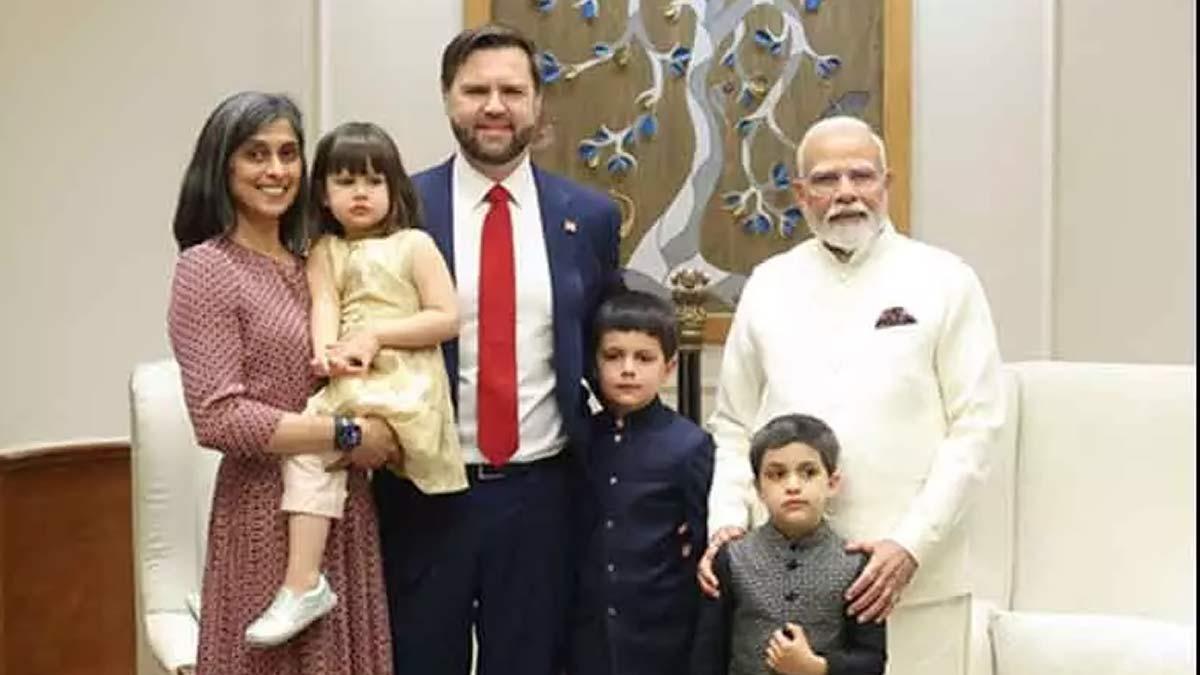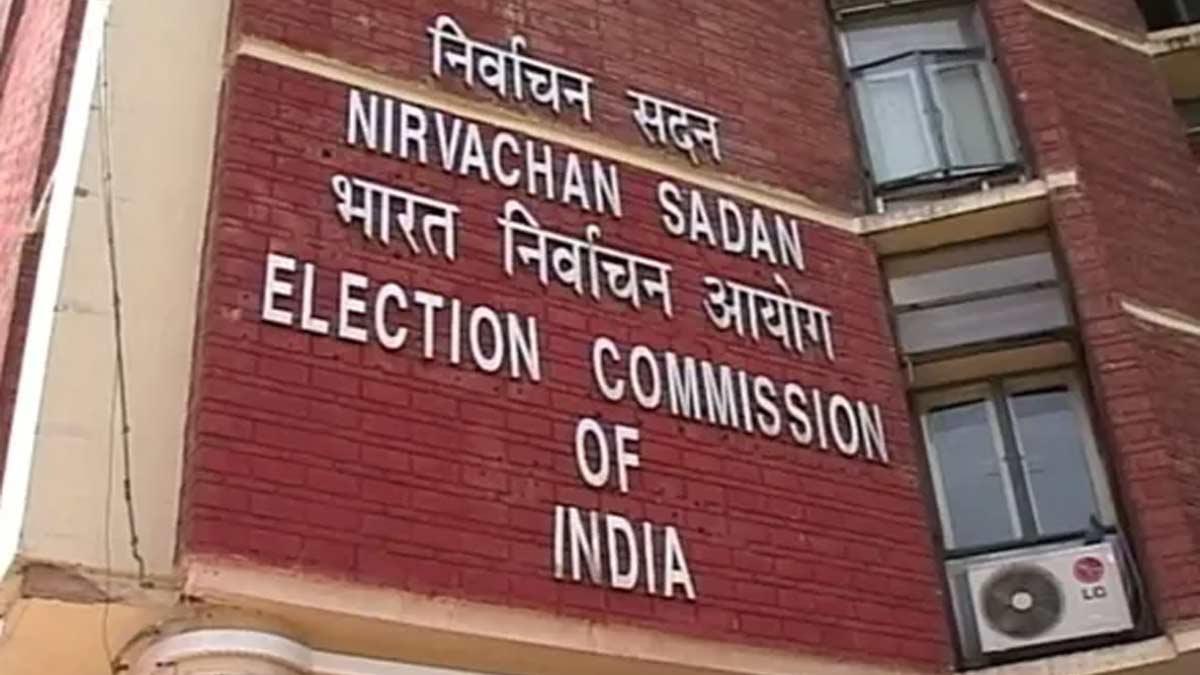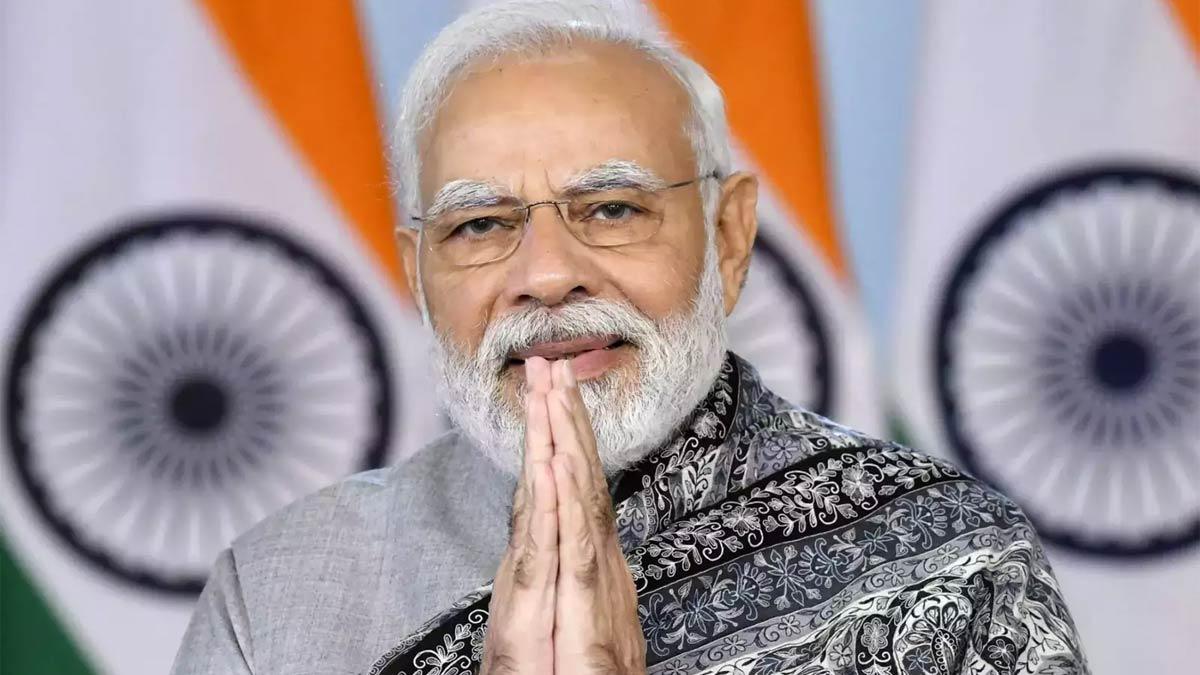Vice President Jagdeep Dhankhar has again brought into question the position of the Supreme Court in India's constitutional order, insisting that "Parliament (i.e., the Legislative) is supreme," and reiterating that "elected representatives (i.e., the Members of Parliament) are the 'ultimate masters' of what the Constitution will be. there cannot be any authority above them."
Addressing a function at Delhi University on Tuesday morning, Dhankhar also defended himself against criticism he had attracted earlier, claiming, "every word uttered by a constitutional functionary is prompted by supreme national interest."
The Vice President's remarks, which caused a controversy, were mainly targeted at the Supreme Court's conflicting judgments on the Preamble of the Constitution in two milestone cases—the 1967 IC Golaknath case and the 1973 Kesavananda Bharati case. Dhankhar also raised questions about the court's actions during the Emergency period declared by then Prime Minister Indira Gandhi in 1975.
"In one case, the Supreme Court says the Preamble is not included in the Constitution. in another it says it is. but let there be no doubt about the Constitution. Elected representatives will be ultimate masters of what the Constitution will be. There cannot be any authority above them." Dhankhar said.
He also disapproved of the Supreme Court when it reversed judgements given by nine High Courts over the Emergency as "the darkest phase in democratic history" when fundamental rights were suspended. "I refer to 'darkest' since the highest judicial institution in the land overruled the order of nine High Courts. that the basic fundamental rights of democracy can never be adjourned." he elaborated.
Dhankhar emphasized that even though rights were suspended during the Emergency, the Prime Minister responsible for it was brought to account when the Congress party lost the elections in 1977. "Thus, let there be no doubt about it—the Constitution is for the people and it is a 'repository' of preserving it," he said.
The Vice President's statement mirrors his earlier remarks regarding Article 142 of the Constitution, which empowers the Supreme Court with extraordinary powers to pass orders for "complete justice" in pending cases before it. The article had been earlier described by Dhankhar as "having become a nuclear missile against democratic forces, ready to the judiciary 24x7," especially after a recent Supreme Court judgment that laid down deadlines for Presidents and Governors to clear state bills.
Congress leader and attorney Abhishek Singhvi reacted to Dhankhar's statement, implying that it was not required of the Vice President to issue such a statement. "The President of India does not speak on such matters, and in this matter, there is no distinction between the President and the Vice President. Past holders of the office of the President have not spoken on such matters and there is no need to begin that process," Singhvi said, also justifying the use of Article 142 by the court for "complete justice."
Dhankhar's derogatory remarks are consistent with comparable comments by Bharatiya Janata Party (BJP) legislators, such as Lok Sabha member Nishikant Dubey, who attacked the judiciary of the Supreme Court after it employed Article 142 to impose timelines on state Governors for passing bills. Though the BJP disassociated itself from Dubey's comments, referring to them as "personal statements," the Attorney General of India has been asked to initiate contempt of court proceedings against Dubey for his remark that the Supreme Court is "taking the country towards anarchy."
The Supreme Court, in reaction to the controversy, reaffirmed its position. Justice Surya Kant, while hearing a contempt case, showed faith in the judiciary, stating, "We are not concerned about the institution part, the institution gets attacked every day!" Also, Justice BR Gavai, who will be Chief Justice next month, indirectly replied to the charges of judicial overreach, saying, "You want us to grant Writ of Mandamus to the President. As it is, we are being accused of encroaching into Executive."
Former Supreme Court judge Ajay Rastogi also joined the debate, dismissing the idea of "judicial overreach" by pointing out that Parliament can modify provisions in light of disagreements with the court.

